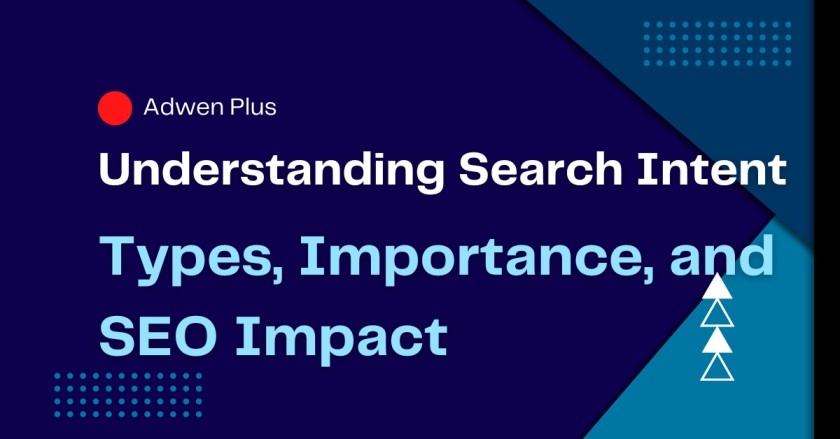Search intent, also known as user intent, is the reason behind a user’s online search. It helps us understand what users are looking for and why. For businesses and SEO, aligning content with search intent can lead to better visibility and higher engagement.
Types of Search Intent
- Informational Intent: Users with informational intent are looking for answers or details on a specific topic. For example, “How to cook pasta” or “What is SEO?” People are not yet ready to buy but want to gather knowledge.
- Navigational Intent: This type of intent involves users searching for a specific website or brand. For instance, a user might type “Facebook login” or “Apple official website” when they want to go directly to a site.
- Transactional Intent: Users with transactional intent are ready to make a purchase or complete an action, such as “buy shoes online” or “subscribe to Netflix.” They know what they want and are looking for ways to complete the process.
- Commercial Investigation: This intent is seen when users are comparing products or services before making a final decision. Search queries may include “best smartphones 2024” or “laptop reviews.” These users are still in the research phase but are close to buying.
The Role of Keyword Research in SEO
Keyword research plays a critical part in creating content that aligns with search intent. It helps identify the terms users are searching for and provides insights into their needs. By understanding which keywords are associated with informational, navigational, or transactional searches, you can create relevant content that directly addresses these queries. Proper keyword research also helps your website rank for the right terms, driving more appropriate traffic and increasing the chances of conversions. Staying updated with keyword trends ensures that your SEO efforts remain effective in a competitive environment.
Why Search Intent Matters
Understanding search intent helps businesses create relevant content that matches the user’s needs. When a website meets the intent of a search query, it increases the chances of ranking higher in search results. Search engines, like Google, focus on providing the best answers for users. By matching your content with user intent, your site can attract more traffic and improve user satisfaction.
SEO Impact of Search Intent
- Better Ranking: Search engines prioritize content that aligns with user intent. If your page provides the right information based on what the user is searching for, your ranking will improve.
- Increased Engagement: When visitors find what they need on your site, they are more likely to stay longer, interact with the content, and even convert into customers.
- Higher Conversions: By understanding and addressing transactional and commercial intent, businesses can create pages that directly lead to sales or other desired actions, improving conversion rates.
In conclusion, focusing on search intent is a key factor in building an effective SEO strategy. By providing relevant content for the different types of search intent, your website can meet user expectations and improve its visibility in search results.







